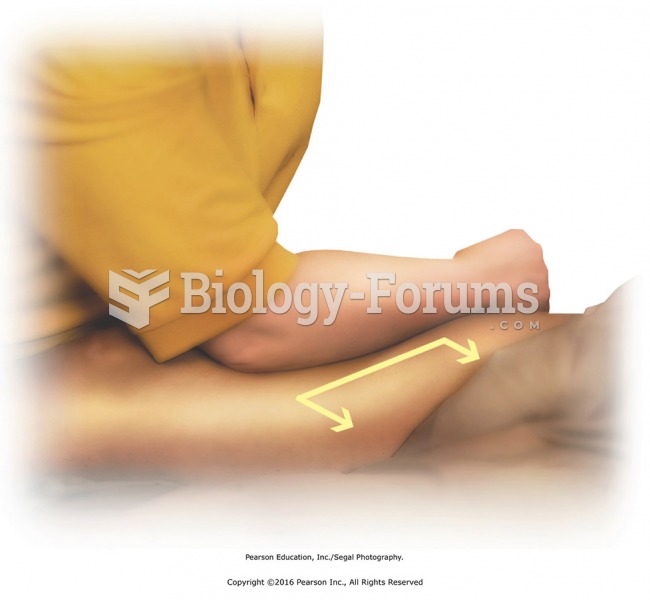|
|
|
Did you know?
Medication errors are three times higher among children and infants than with adults.
Did you know?
Sperm cells are so tiny that 400 to 500 million (400,000,000–500,000,000) of them fit onto 1 tsp.
Did you know?
If all the neurons in the human body were lined up, they would stretch more than 600 miles.
Did you know?
The most dangerous mercury compound, dimethyl mercury, is so toxic that even a few microliters spilled on the skin can cause death. Mercury has been shown to accumulate in higher amounts in the following types of fish than other types: swordfish, shark, mackerel, tilefish, crab, and tuna.
Did you know?
Earwax has antimicrobial properties that reduce the viability of bacteria and fungus in the human ear.







